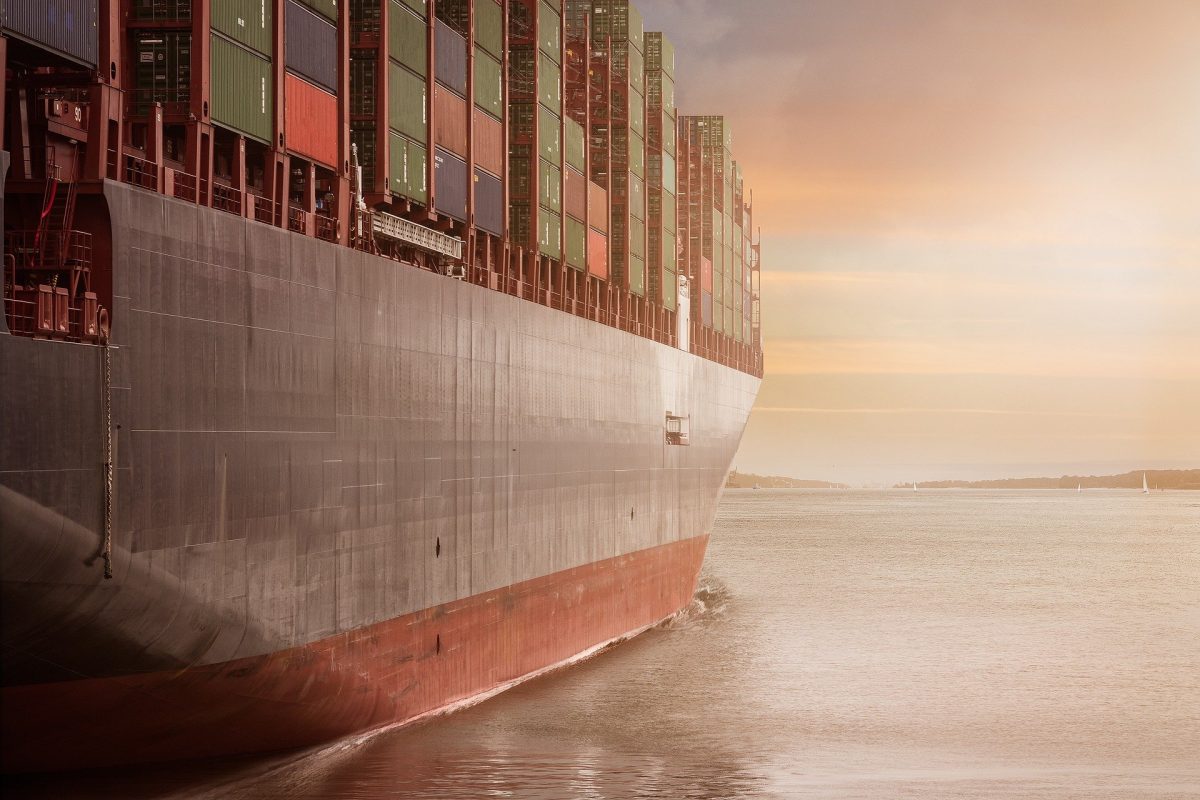Webinar replay: Using technology to assess mental wellbeing in maritime
19/08/2021Mental health and wellbeing of seafarers is not a new concern, but COVID-19 has shed more light on systems and structures impacting the mental health of seafarers, and increased the urgency of the problem. Stakeholders are increasingly interested in finding solutions to alleviate suffering, as well as improve performance across the supply chain.
In this webinar, we presented a showcase some of innovative tech solutions which could be applied to mental wellbeing in maritime. We went on to host an expert panel discussing the drivers and blockers for technology in this area.
Hosted by Maurizio Pilu, Managing Director of Safetytech Accelerator – the webinar comprised:
-
- A keynote from Manit Chander, CEO of HiLo Maritime Risk Management
- A technology showcase where leading technology providers pitch their proven mental wellbeing monitoring solutions
- A panel discussion with individuals from leading organisations to understand drivers and blockers for technology for mental wellbeing
The technology showcase comprised the following companies:
Bluesky.AI is a spinoff from research carried out at the University of Nottingham which uses what it calls ethical Artificial Intelligence for the detection of medically relevant expressive behaviour, using face and voice sensing technology to detect conditions that could be linked to wellbeing problems. As yet untried in the maritime sphere, it is currently applied to improve wellbeing and patient outcomes in difficult pre-maternity situations in hospitals but importantly it is not a mental health diagnostic tool, point out its backers, but can be used to trigger alerts to employers when ‘just-in-time’ mental health support and intervention might be needed.
Care4C aims to improve the health and wellbeing of seagoing crews, thereby maximising performance and minimising accidents. It does this by focusing in on fatigue management and stress,as indicated by seafarers’ sleep patterns and heart rates. Wristband sensors send data via a low-energy Bluetooth link to a tablet in the messroom for recording and subsequent display on a dashboard for analysis by a shoreside team or the ship’s captain. In this way measures such as ‘sleep banking’ or ‘repaying sleep debt’ can be practised and the ‘disconnect gap’ bridged between shore and ship, says Care4C.
Litha is a UK-based start-up specialising in psychotherapy and conversational AI that uses a chatbot to encourage individuals to share their innermost feelings, including problems such as stress, depression or alcoholism. Described as a ‘personal AI psychotherapist’, the system can be used to track how people’s moods vary over time and hence any degradation of their psychological state.
Scoutbase works by soliciting direct feedback from seafarers to a set of questions about wellbeing and safety, which can either be integrated through the crew wi-fi or as pop-ups on a seafarer’s personal device. In this way some 400 data points can be collected per vessel per month, it was explained, with an average engagement rate of around 80%. Data can then be analysed and visualised on a dashboard by shoreside management for care teams to act upon, with it also possible to use Scoutbase to track the implementation of resulting initiatives and their effectiveness.
Sensing Feeling is a smart system of visual analytics that uses CCTV cameras to observe behavioural patterns and then analyse them using Machine Learning. It can generate hourly stress and fatigue indices for individuals during trial scenarios, and monitor individuals’ performance in high-risk scenarios such as bridge procedures during watch handovers, activities involving the wearing of PPE equipment and in the machinery room, as well as providing surveillance of workflow patterns, any onboard accidents or falls and incursions by unauthorised personnel.
Senseye is a start-up based in Austin, Texas whose technology examines the iris in the eye to detect muscle movements that connect directly to the brain and cognitive states. Originally developed for use by the defence industry to assess fitness for duty, the system can be used to detect, for example, dangerous levels of fatigue, intoxication or maladaptive signals of stress, says its advocates. Marine users might include not only seafarers but also dock workers and equipment operators.
The panel was moderated by Joanne Stokes – Senior Principal Human Factors Consultant at Lloyd’s Register.
-
-
- Johan Smith – Project Manager, Sailors’ Society
- Ben Bailey – Director of Advocacy & Regional Engagement, The Mission to Seafarers
- Richard Ballantyne – CEO, British Ports Association
- Neil Dulling – HSE Manager, MOL LNG Transport (Europe)
-
Please sign up to receive your recording link:

